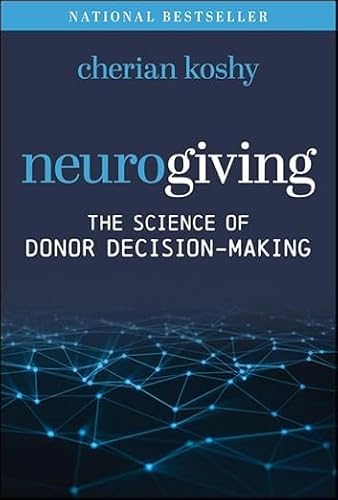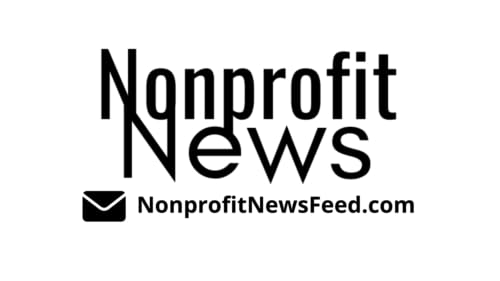Donor-advised funds (DAFs) are no longer a niche tool for ultra-wealthy donors—they’re a fast-growing, fragmented ecosystem holding more than $326 billion in charitable assets and expanding at ~25–30% annually. In this episode of the Whole Whale Podcast, Mitch Stein, Head of Strategy at Chariot, breaks down what’s really happening inside the DAF economy: over 1,400 DAF programs, millions of households using them, payout rates that consistently exceed private foundations, and a surge in contributions driven by appreciated stock and late-year tax planning. The takeaway for nonprofits is clear: DAFs are becoming a mainstream giving vehicle, not an edge case, and ignoring them means ignoring where a growing share of charitable dollars now live.
We also dig into the friction problem—and why it matters. DAFs reduce the mental friction of giving by separating “how much to give” from “where to give,” but outdated workflows still create drop-off at the moment of donation. Chariot’s role is to remove that last mile of friction through shared infrastructure like DAF Pay, making it as easy to give from a DAF as using Apple Pay. The result: higher conversion, larger gift sizes, and more money actually moving to nonprofits. For fundraisers, the message is practical and urgent—get DAF-ready, normalize DAF giving, and stop treating it like a rare edge case. The money is there. The question is whether your organization is easy to give to.
Sector Data & Reports
-
Annual DAF Report 2025 — Donor Advised Fund Research Collaborative (latest US DAF stats including assets, contributions, payouts, and account counts) https://www.dafresearchcollaborative.org/annual-daf-report/2025
-
DAF & Payout Rate Insights — Chariot Resource on 2025 DAF Report for Fundraisers (breakdown of payout rates vs private foundations, DAF trends) https://www.givechariot.com/resources/insights/7-top-takeaways-from-the-new-2025-daf-report-for-nonprofit-fundraisers
-
Annual Donor Advised Fund Report Overview (NPT/DAF Research Collaborative) https://www.nptrust.org/reports/daf-report/
📈 Supplemental News & Context
-
Inside Philanthropy – DAF Growth Story & Trends (context on how assets and grants are growing) https://www.insidephilanthropy.com/home/inside-the-explosive-growth-of-donor-advised-funds
-
AP News – Fidelity Charitable Grants Data (Nonprofit relevance) https://apnews.com/article/7a483a4f69115f467ecfb1c4348bbdc3
🧠 Practical & Community Resources
-
Give Chariot – DAF Checkout + Resources for Nonprofits — Chariot’s official site with platform info.
-
DAFgiving360 Organization — large independent DAF sponsor with giving impact stats: https://www.dafgiving360.org/
📌 Other Helpful References
 Feb 19 202620 mins
Feb 19 202620 mins Feb 13 202625 mins
Feb 13 202625 mins 50 mins
50 mins 22 mins
22 mins 19 mins
19 mins Jan 21 202617 mins
Jan 21 202617 mins 48 mins
48 mins Jan 12 202622 mins
Jan 12 202622 mins
